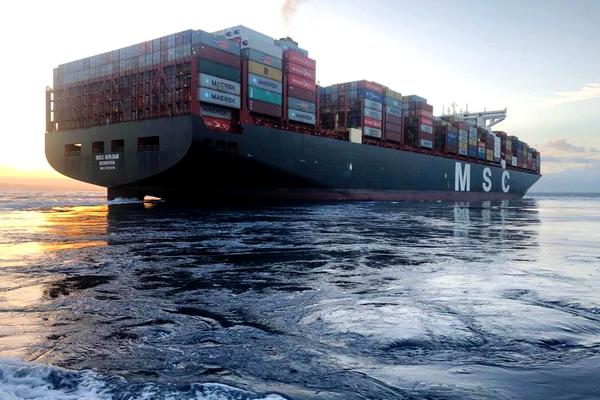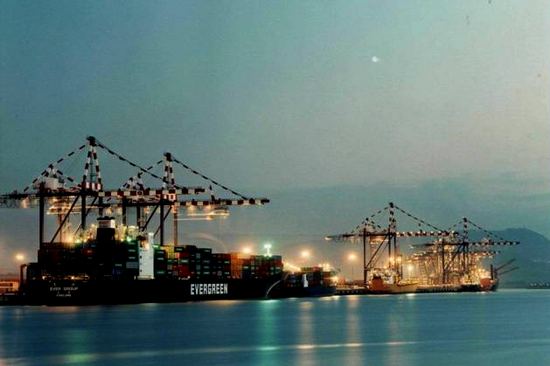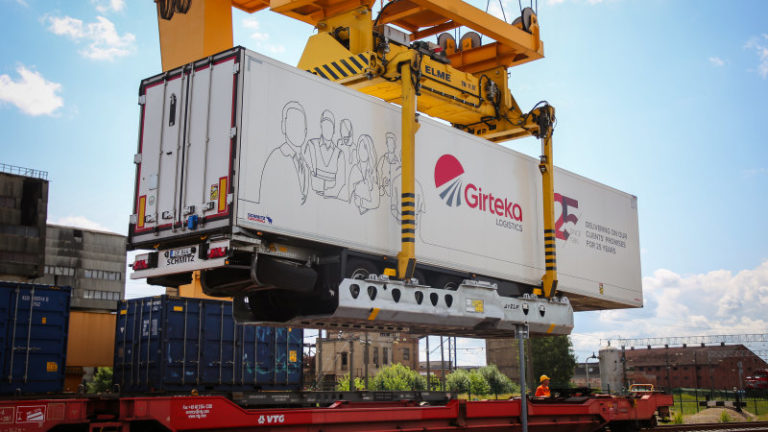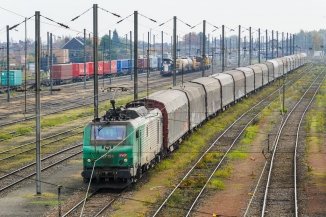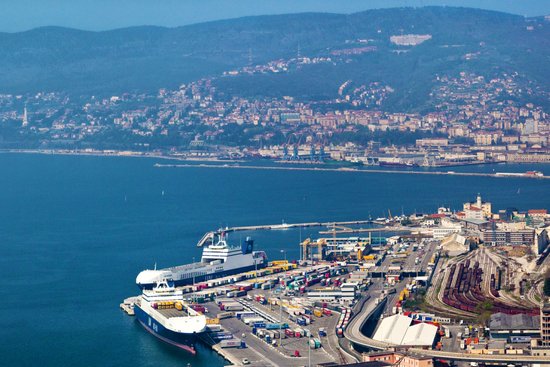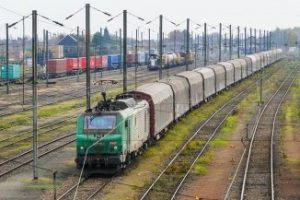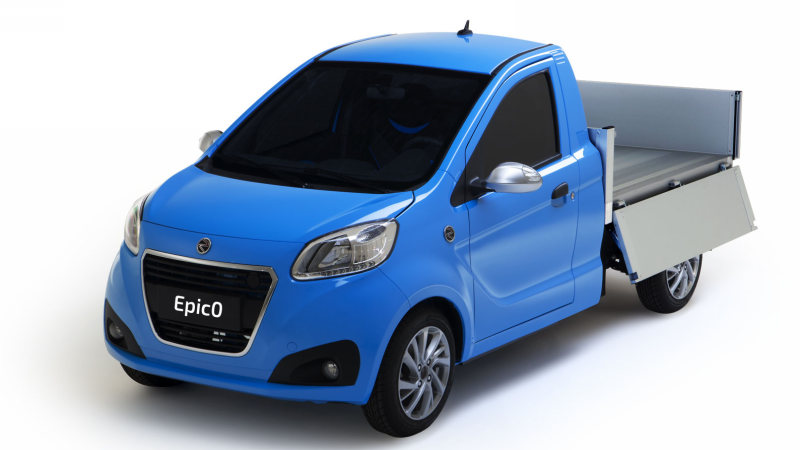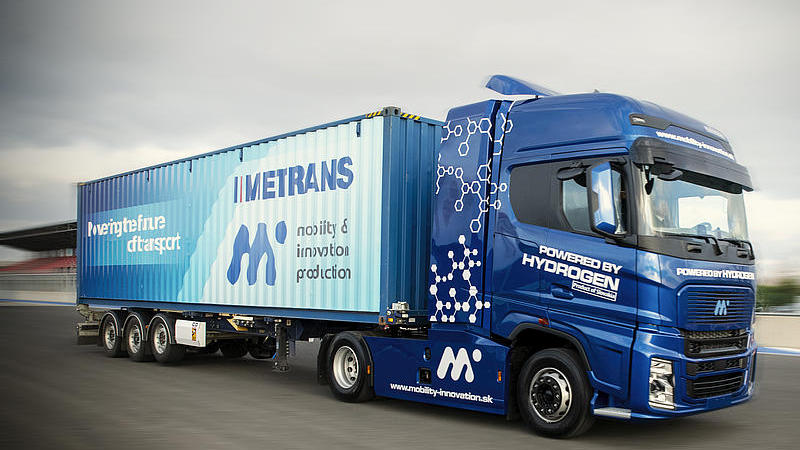In alignment with directives from the European Commission, Lithuanian logistics operator Girteka is committed to slashing CO2 emissions. Its strategy includes embracing alternative fuels, electric propulsion, and expanding its intermodal network. The company is increasingly focusing on rail freight as part of its commitment to sustainable development.
Larisa Senkevičienė, Head of Intermodal Services at Girteka Logistics, states, "We're investing more in technological innovation and sustainability because we see this as the future of the transport sector. Environment-friendly freight transportation is crucial for us, our clients, and our society. Expanding our intermodal map is a step towards reducing our greenhouse gas emissions. We're setting new standards for the entire transport industry, and we have no plans to deviate from this path."
The Lithuanian giant highlights how rail transport can cut CO2 emissions by up to 75%. In 2023, the company reduced its CO2 emissions by over two thousand tons by shifting from road to rail. Throughout the year, Girteka transported approximately 250 vehicles weekly across eight rail or ro-ro lines, connecting Italy and Germany, Britain and Spain, France and Poland, and Spain with Benelux, Germany, Britain, and Poland. One of Girteka's latest routes is from Bettembourg, Luxembourg, to Poznań, Poland.
Girteka's longstanding collaboration with rail operator and terminal operator CargoBeamer, initiated in 2017, reaffirms the group's commitment to sustainability. Recently, the two companies celebrated managing twenty thousand semi-trailers in combined road-rail transport. Since the start of their partnership, the companies have collectively saved 16,617 tons of CO2 emissions compared to exclusive road transport.
In the first week of January 2024, Girteka also announced an alliance with rail carrier Ltg Cargo, the freight division of the Lithuanian railways. The goal is to expand services from the Baltic State to Germany and Poland, creating sustainable, low-impact solutions. Eglė Šimė, CEO of Ltg Cargo, emphasized the company's commitment to becoming the central intermodal link between the Baltic region and Western Europe. Ltg Cargo's expansion includes developing connections to key destinations like Duisburg, Germany, and Slavkov, Poland. Ltg Cargo Polska has already shown significant growth in Poland, boasting a fleet of 31 locomotives.
Girteka's efforts, however, are not limited to rail but also focus on the last mile, which the company aims to manage with electric vehicles or alternative HVO fuel. Odd Thore, a driver from the group, recently shared his experiences driving a brand-new electric Volvo tractor in Norway's cold conditions. After 15 years of driving diesel trucks, Thore is impressed by the cabin's silence, smooth acceleration, safety, and high-tech features. Despite longer charging times and some chassis-related issues, Thore feels privileged to drive such a futuristic vehicle and hopes the sustainable trend will attract young people to the driving profession. He believes electric vehicles will increasingly replace combustion engines.
Girteka's transition to state-of-the-art vehicles likely necessitates continuous fleet renewal, which may explain why, in December, Girteka launched a portal for reselling used trucks and trailers. Through its internal division Class Truck, the TruckMerchant.com platform was created, auctioning tractors and trailers to logistics operators, retailers, and dealers. All vehicles and equipment for sale on the site come with maintenance history, GPS usage data, and detailed technical sheets. The goal is to reintroduce selected vehicles to the market, particularly brands like Volvo, Mercedes, Man, and Daf, as well as Schmitz Cargobull or Krone trailers, available for purchase without the long waits and high costs typically associated with fleet modernization.
Despite layoffs at the end of last year, Girteka appears to have embarked on a well-defined direction and remains a pillar of European transport. In November, the company ranked among the top three Lithuanian companies with the highest salaries, as reported by various local media.
Marco Martinelli




